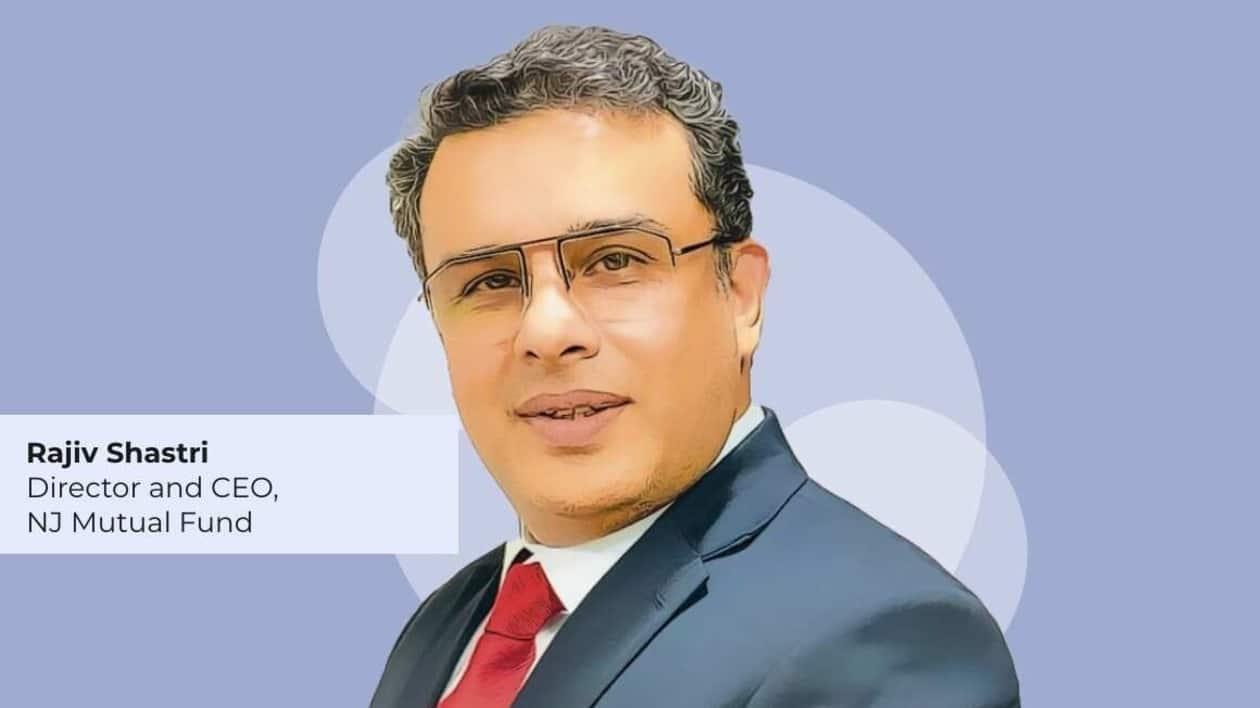The mutual fund industry has been on a high growth trajectory for some time now and this is expected to continue for a few decades. With a steadily larger portion of population investing in mutual funds, combined with the SIP flows and the double-digit nominal economic growth rate, the industry is slated to grow at a very fast pace in the coming years, says Rajiv Shastri, Director and CEO, NJ Mutual Fund in an interview to MintGenie.
He also explains why investors shouldn't use asset management company's performance as the sole criterion to choose one fund house over others.
Edited excerpts:
Most mutual fund houses and their schemes appear similar to a lay investor. How do you think they should choose one scheme over another?
It’s a fact that fund houses and fund offerings appear similar especially after the standardisation of schemes a few years ago. Part of the reason is the fact that almost all the fund houses invest using the traditional discretionary investment approach, which then brings the difference down to skill which is reflected in performance.
As a result, performance becomes the parameter for investors' decisions which is probably the worst one to use.
Investors need a mix of funds, even within the same asset class to achieve true diversification. This has unfortunately proved to be elusive. We follow a rule-based active investment approach which offers a genuine diversification opportunity. More such clearly differentiated offerings are needed to overcome this current dearth of genuine options.
In the wake of Ukraine war and growing inflation, markets worldwide have been facing a tough time. What do you think about the near-term market outlook in the light of ongoing volatility?
We expect markets to remain volatile and respond to news flow in the coming days and months. The Ukraine war is the latest in the series of events that have disrupted the supply side. Even before the war, there was concern that supply side disruptions had caused inflation for long enough for it to get entrenched and systemic.
The Ukraine war only strengthened these concerns and monetary policy responses have commenced across the world. Most developed nations face inflationary conditions which would also have an impact on India’s economic growth. So, while interest rates are going up, they are doing so in an environment of weaker growth which presents the possibility that rates can reduce quickly if supply disruptions are resolved. All of this means that news flow will be a very important factor to watch out for and volatility is something that one needs to be prepared for.
Recently, one mutual fund house suspended two of its fund managers following some serious irregularities. As an expert, what advice would you give to the retail investors for choosing an AMC.
Instances like these are anomalies and should be perceived as such. The MF industry, in general, is one of the best regulated and managed industries in the country. As such, one needs to select AMCs based on their merit and the suitability of the solutions offered by them to your specific risk profile.
What are your expectations from the mutual fund industry for fiscal 2023? What are the themes and sectors investors should pay attention to?
The MF industry has been on a high growth trajectory for some time now and we believe that this will continue for a few decades. The numbers are clear. With a steadily larger portion of our population investing in MFs, combined with the SIP flows and the double digit nominal economic growth rate, we expect the MF industry to grow at a very fast pace in the coming years.
Can you tell us something about rule based active investing that the fund house propagates?
Until recently, there have been just two pre-dominant investment approaches. The first is the traditional active approach in which human beings take investment decisions. While these decisions are typically taken after analysis and investigation, the final investment decision is a subjective one and made at the discretion of the individual or the team entrusted with managing the money.
At the other extreme is passive investing which replicates popular market indexes with no human discretion whatsoever. It offers a high level of discipline but this approach cannot logically outperform the indexes that it replicates.
Rule-based active investing or factor-based investing is an approach which relies on the scientific analysis of extremely large amounts of data that has been generated by companies and markets over the years. This data is analysed with the intention of creating rules based on which intuitive and logical attributes that contribute to the performance of stocks can be identified. These attributes, which are also called factors, include Quality, Value, Momentum and Low Volatility among others.
Asset allocation and stock selection both happen based on these rules at predefined intervals and there is no human intervention in the process. Rule-based active investing offers inherent discipline along with the possibility of outperformance.
